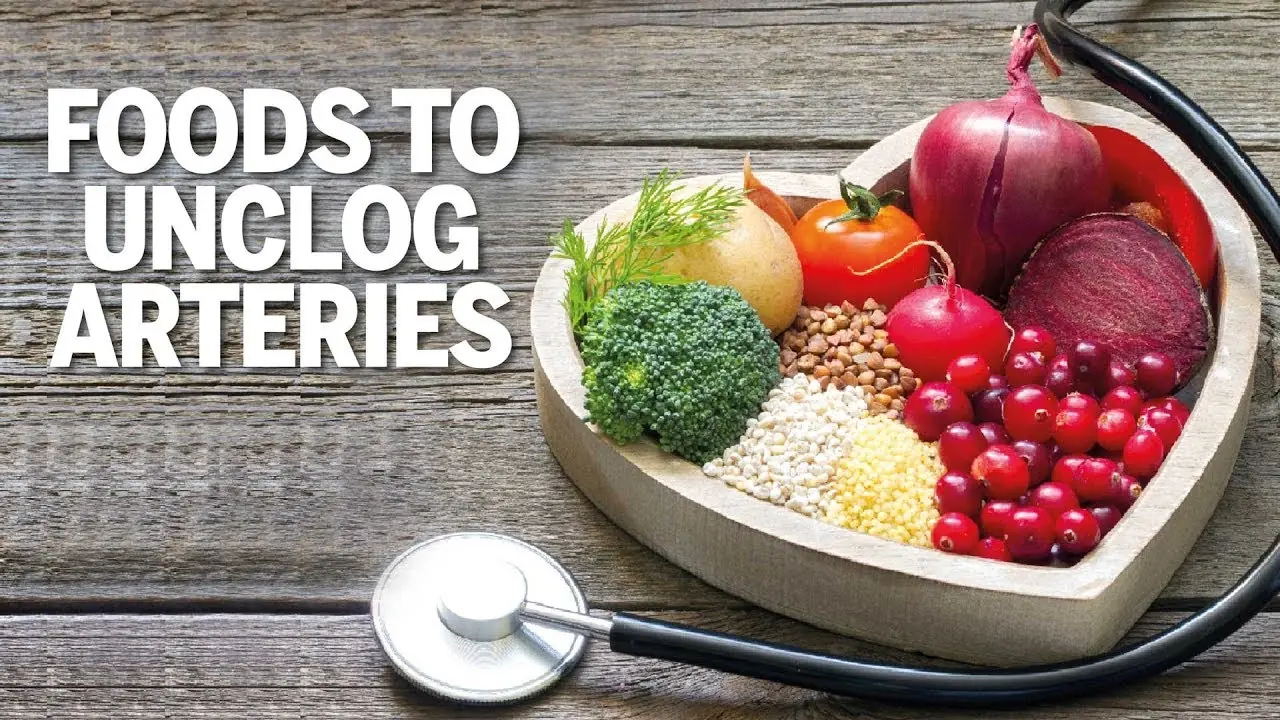
Is Swollen or Bloated Food Packaging Safe to Eat?
Why Some Food Packages Bloat — and What It Could Mean for Your Health
You may have noticed certain food packages looking puffed up, almost like small balloons. While a little air inside packaging is normal — and sometimes even necessary — excessive swelling is a warning sign that shouldn’t be ignored. Understanding why packaging bloats can help you make safer choices and avoid potential foodborne illness.
Why Food Packaging Contains Air
Most packaged foods include a carefully measured amount of air or gas. For example, chip and snack bags are filled with nitrogen gas rather than regular air to act as a cushion and prevent crushing during transport. This is a deliberate and safe part of the packaging process.
However, when a package looks abnormally swollen or feels firm to the touch, that’s a different story. According to Professor Wei Zhang, a food safety expert, unusual bloating typically happens when microorganisms such as bacteria or fungi begin to multiply inside the package, releasing gases like carbon dioxide and methane. This microbial activity signals spoilage — and often, danger.
How Bacteria Cause Packaging to Swell
When bacteria grow in perishable foods — such as meat, poultry, dairy, or ready-to-eat meals — they feed on the nutrients in the product and produce gas as a byproduct. As these gases build up, the pressure inside the package increases, causing it to bloat or expand.
This process not only spoils the food but can also make it unsafe to consume, even if there are no obvious visual or odor cues. Meredith Carothers from the U.S. Department of Agriculture’s Food Safety and Inspection Service (FSIS) explains that bloated packaging is often an indicator of harmful bacterial activity, including potentially dangerous pathogens like Clostridium botulinum, which can cause severe food poisoning.
When Bloating Might Be Normal
Not all swollen packaging is a red flag. Some manufacturers use a technique called Modified Atmosphere Packaging (MAP), which replaces the air inside with inert gases such as carbon dioxide and nitrogen. This helps slow bacterial growth and extend shelf life.
Slight puffiness in items like fresh salads, deli meats, or cheeses packaged under MAP conditions can be completely safe. Carothers emphasizes that MAP is an FDA-approved preservation method and is designed to maintain freshness — not signal spoilage. Still, if the package looks overly inflated or the food appears discolored, slimy, or off-smelling, it’s best to stay cautious.
Foods Most and Least at Risk
Perishable foods — including raw meat, poultry, seafood, and dairy products — are most susceptible to dangerous bloating caused by bacterial contamination. These items contain high moisture and nutrients, creating an ideal environment for microbial growth.
In contrast, low-moisture foods like dried fruits, grains, nuts, or peanut butter are far less likely to develop swollen packaging since bacteria struggle to survive without water.
Nonetheless, even shelf-stable products can occasionally bloat if exposed to excessive heat, sunlight, or improper storage conditions.
What to Do if You Notice a Swollen Food Package
If you come across food with puffed-up packaging, do not open or taste it — even if it’s still within the printed expiration or “best-by” date. Professor Zhang advises immediately discarding such items, as gases from bacteria can sometimes leak harmful toxins into the food.
It may be tempting to smell the contents to check for freshness, but this method is unreliable. Some dangerous bacteria do not produce noticeable odors, meaning a spoiled product could appear and smell perfectly fine while still posing a risk to your health.
How to Prevent Spoiled or Bloated Packaging
Proper storage is your first line of defense against food spoilage:
-
Refrigerate perishable foods promptly after purchase.
-
Avoid exposing packaged foods to heat or direct sunlight, especially during transport.
-
Check for broken seals or tiny leaks in vacuum-packed or sealed containers.
-
Rotate your stock at home — use older items first and don’t rely solely on “best-before” dates.
Following these steps helps slow bacterial growth and keeps your food fresher for longer.
When in Doubt, Throw It Out
If you’re unsure whether a swollen food package is safe, the rule is simple: err on the side of caution. Consuming contaminated food can lead to severe health issues like food poisoning, botulism, or gastrointestinal infections.
As Professor Zhang puts it, “Protecting your health is worth far more than the cost of replacing a single food item.”
Paying attention to packaging — not just expiration dates — can go a long way toward keeping you and your family safe from hidden food hazards.
News in the same category


What Your Feet Can Reveal About Your Blood Pressure, Thyroid, and Arthritis Risk
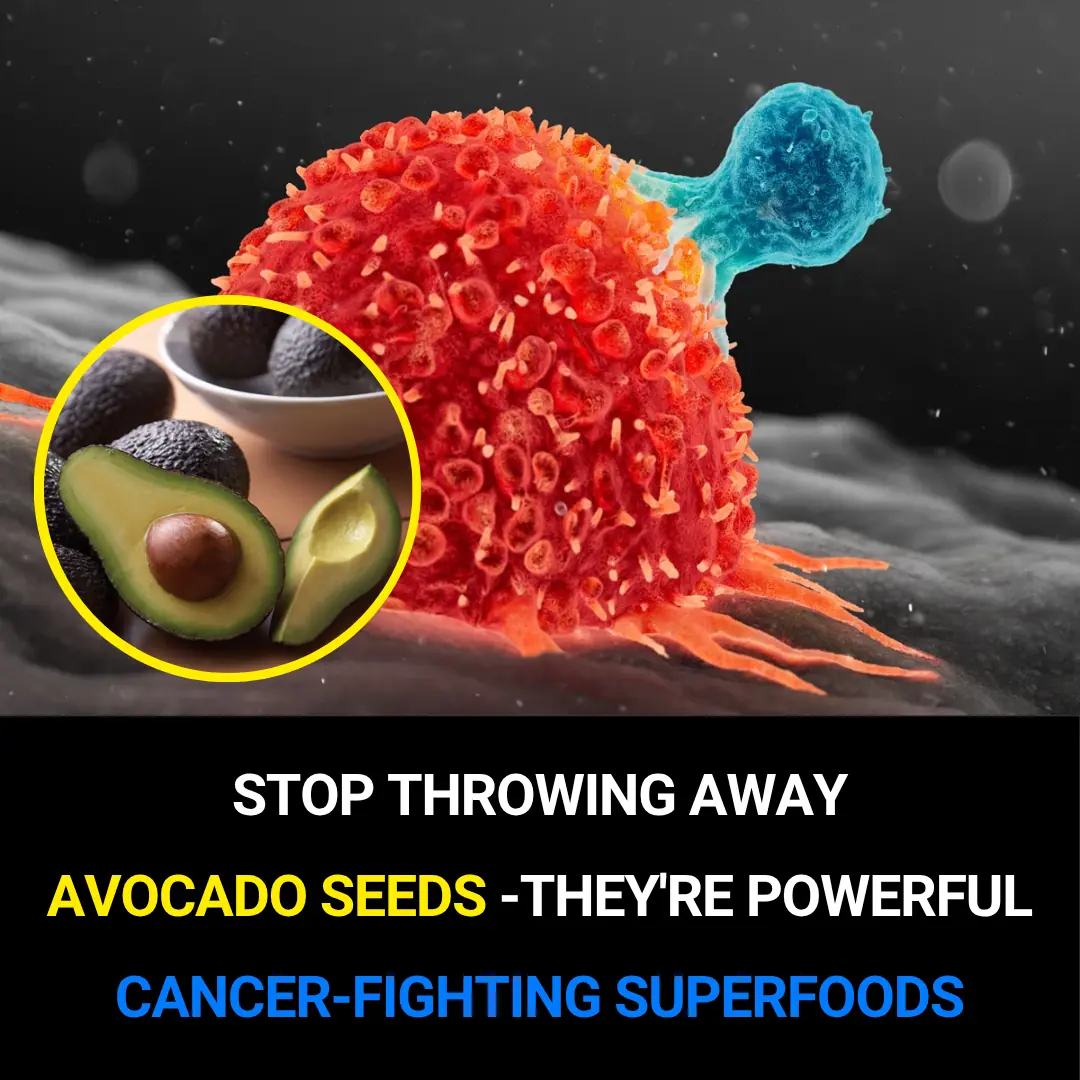
Stop Throwing Away Avocado Seeds: They’re Powerful Cancer Fighters!

How To Use Coconut Oil On Your Hair To Prevent Graying, Thinning, And Hair Loss

Things Your Pee Is Trying to Tell You

Dark chocolate and tea found to significantly lower blood pressure

13 best ways to stop bone loss before it’s too late!

Top 5 foods to avoid if you have high blood pressure

Waking Up Between 3 and 5 AM May Be a Sign of Spiritual Awakening
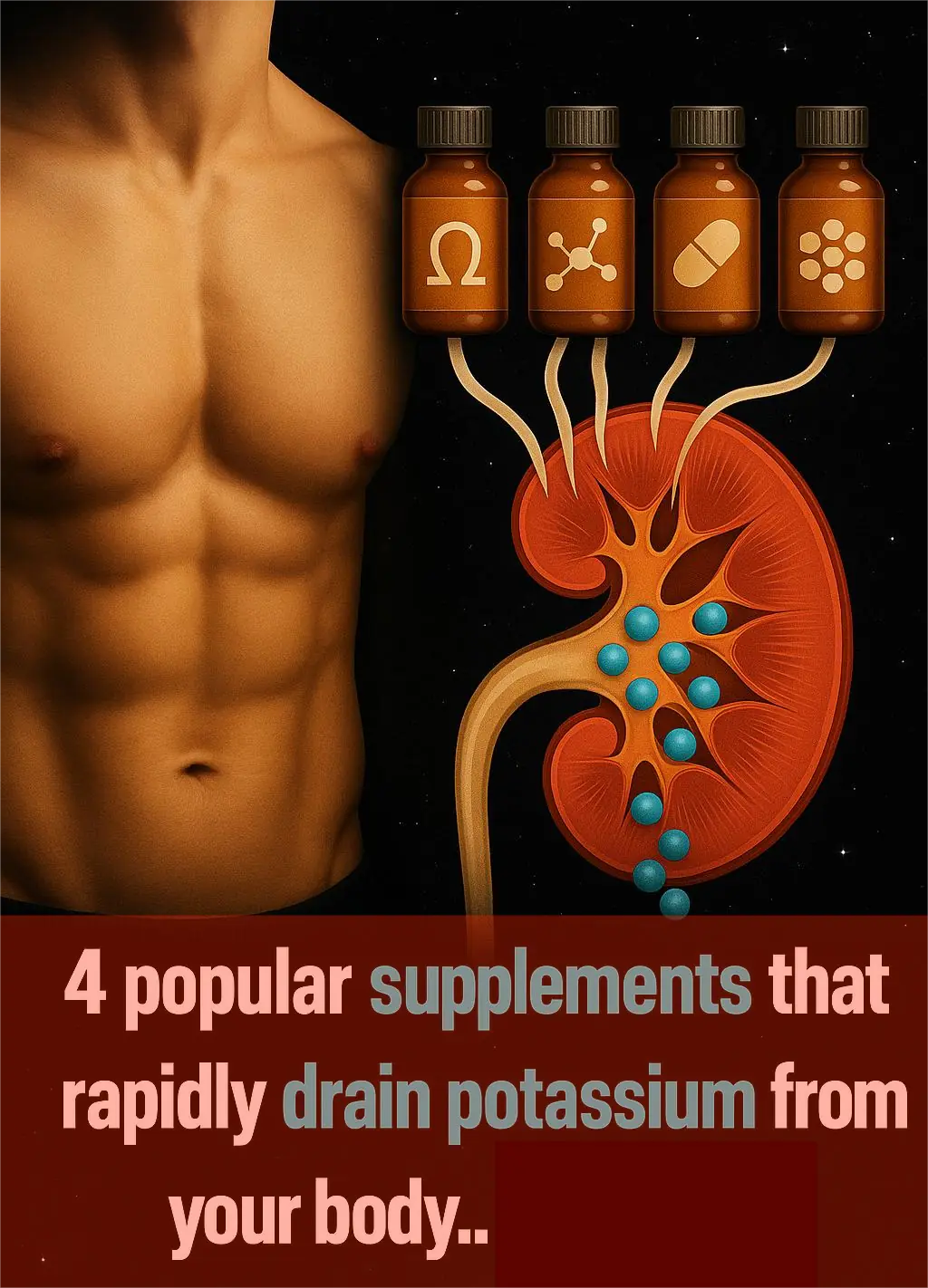
4 popular supplements that rapidly drain potassium from your body

If Cancer Cells Are Developing in the Body, These 3 Nighttime Symptoms May Appear
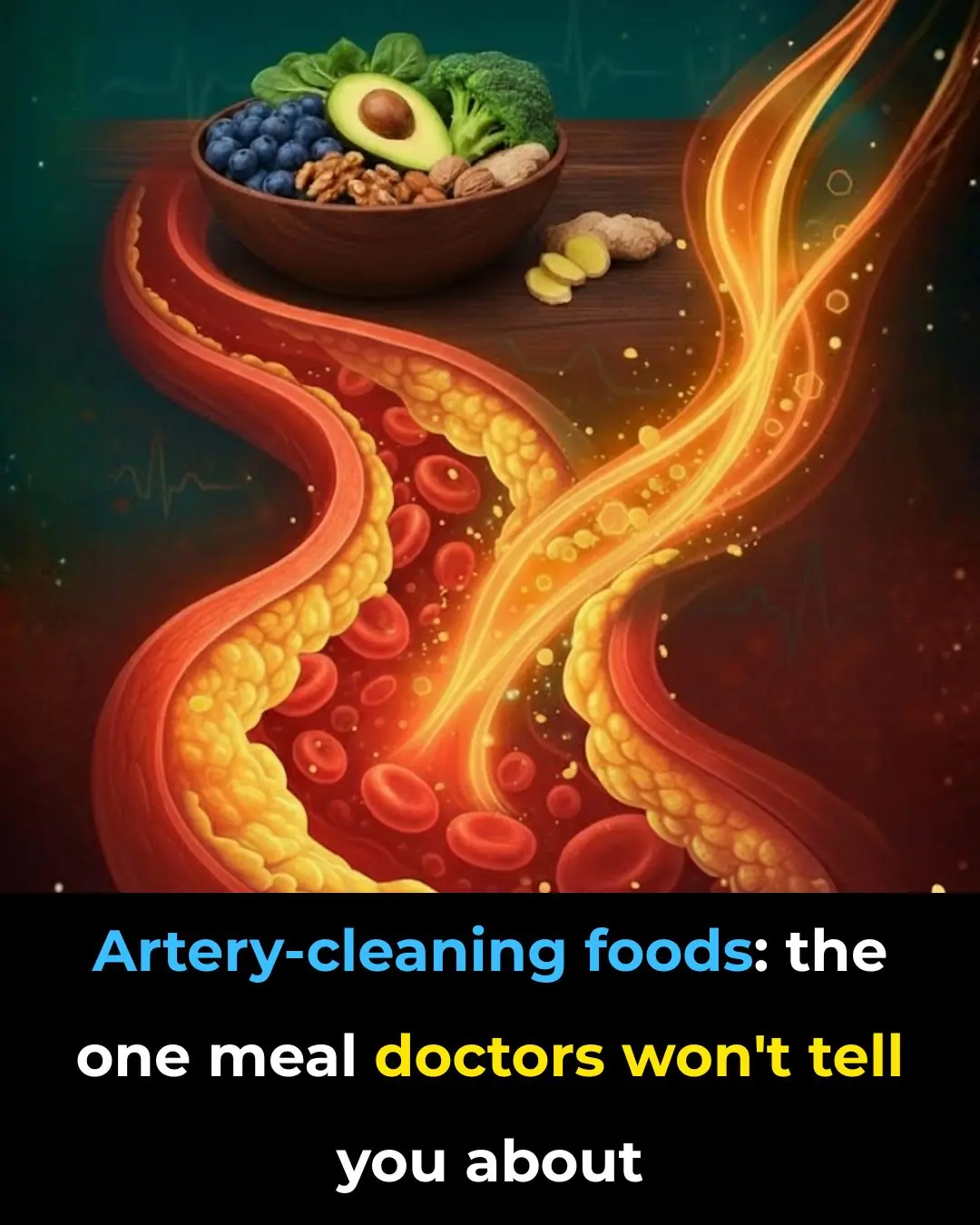
Artery-Cleaning Foods: The One Meal Doctors Won’t Tell You About

The body will show 5 symptoms to remind you to eat less salt
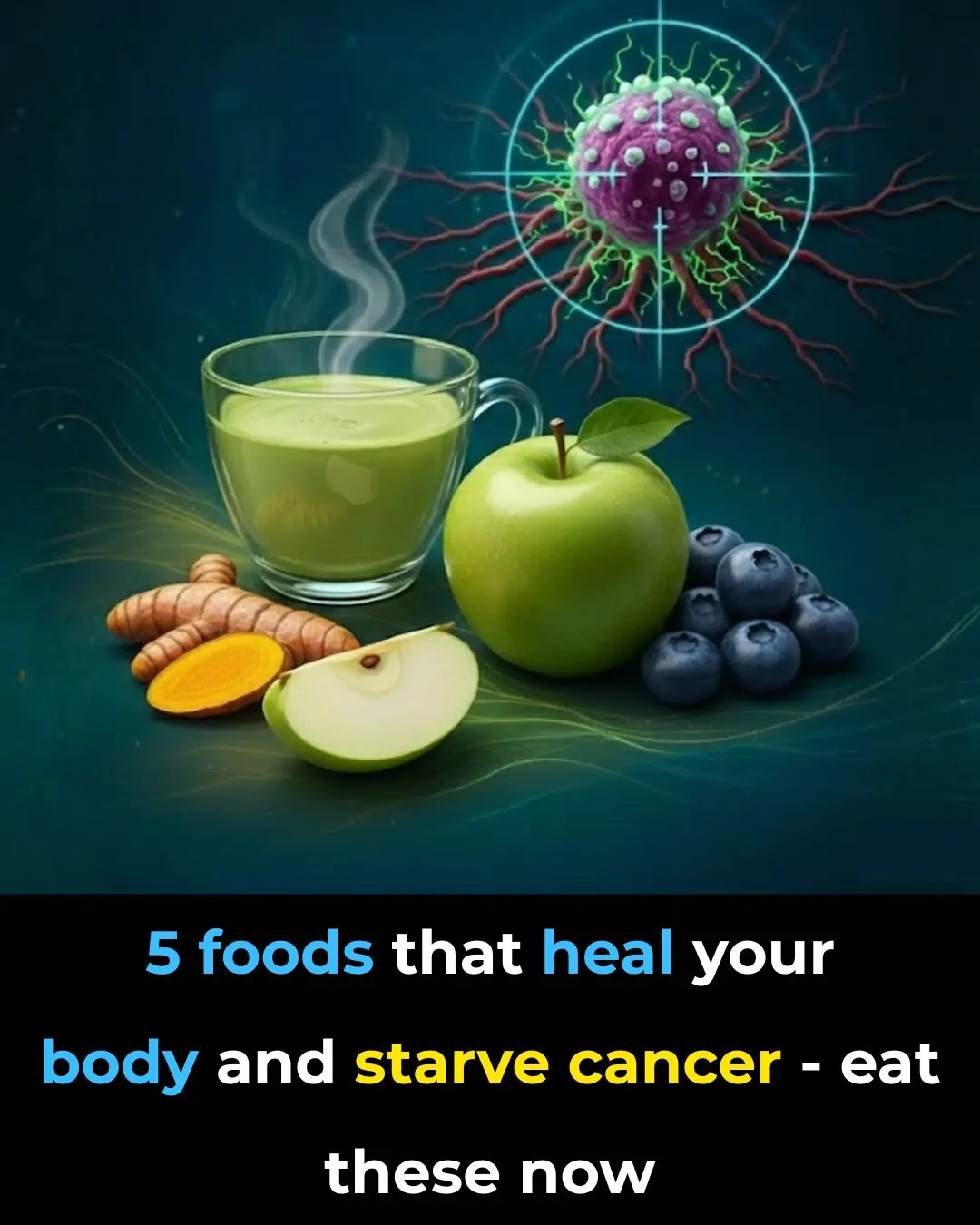
5 foods that heal your body and STARVE cancer—eat these now!
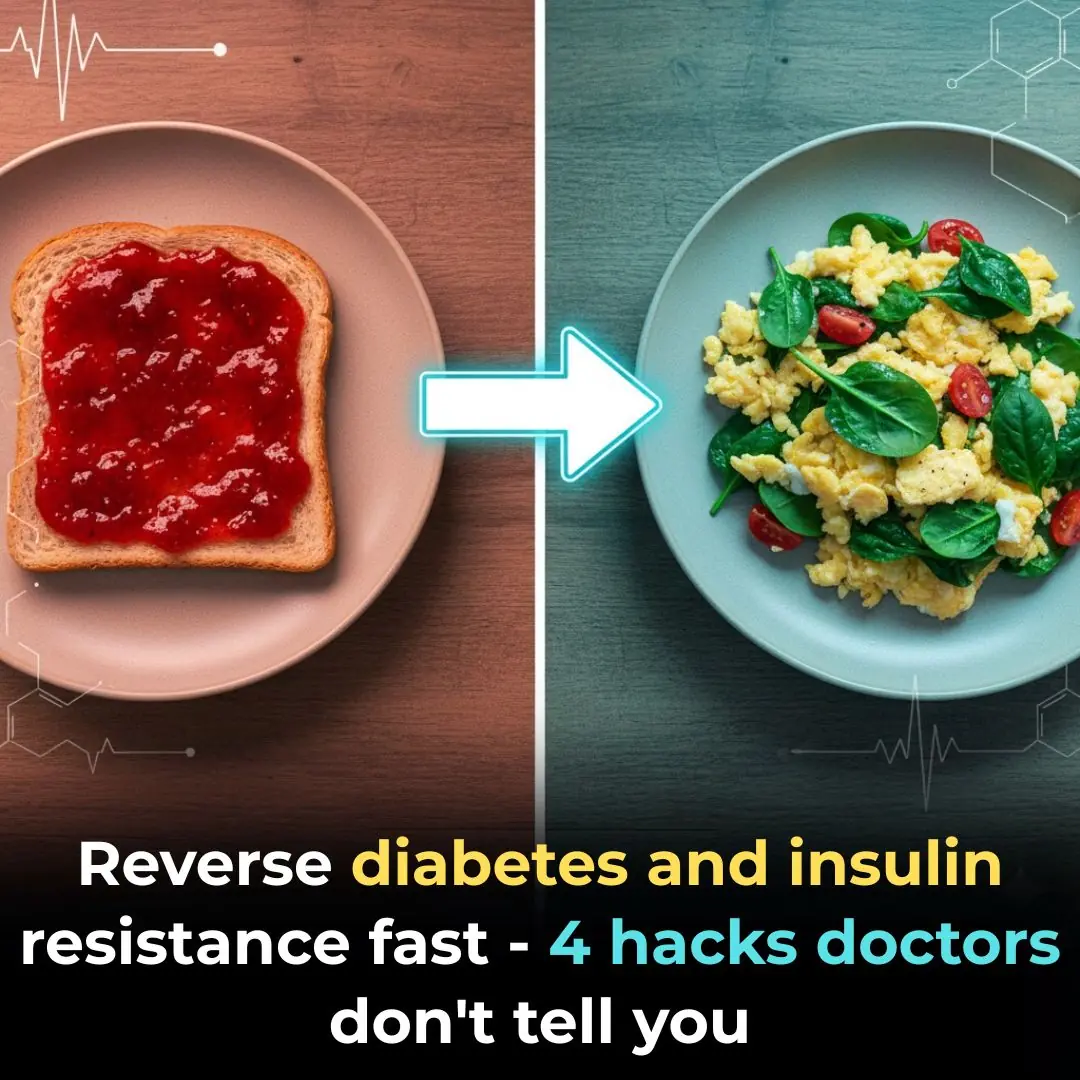
Reverse diabetes and insulin resistance fast—4 hacks doctors don’t tell you!

This is Why You Always Wake Up in the MIDDLE of the Night (and how to make it STOP)

They were wrong about fasting — here’s what 30 hours without food really does to your body

Grow Date Trees From Seed (Start in a Pot → Plant Outdoors): The Complete, No-Stress Guide

The Incredible Benefits of Common Comfrey: Uses, Remedies, and Precautions
News Post
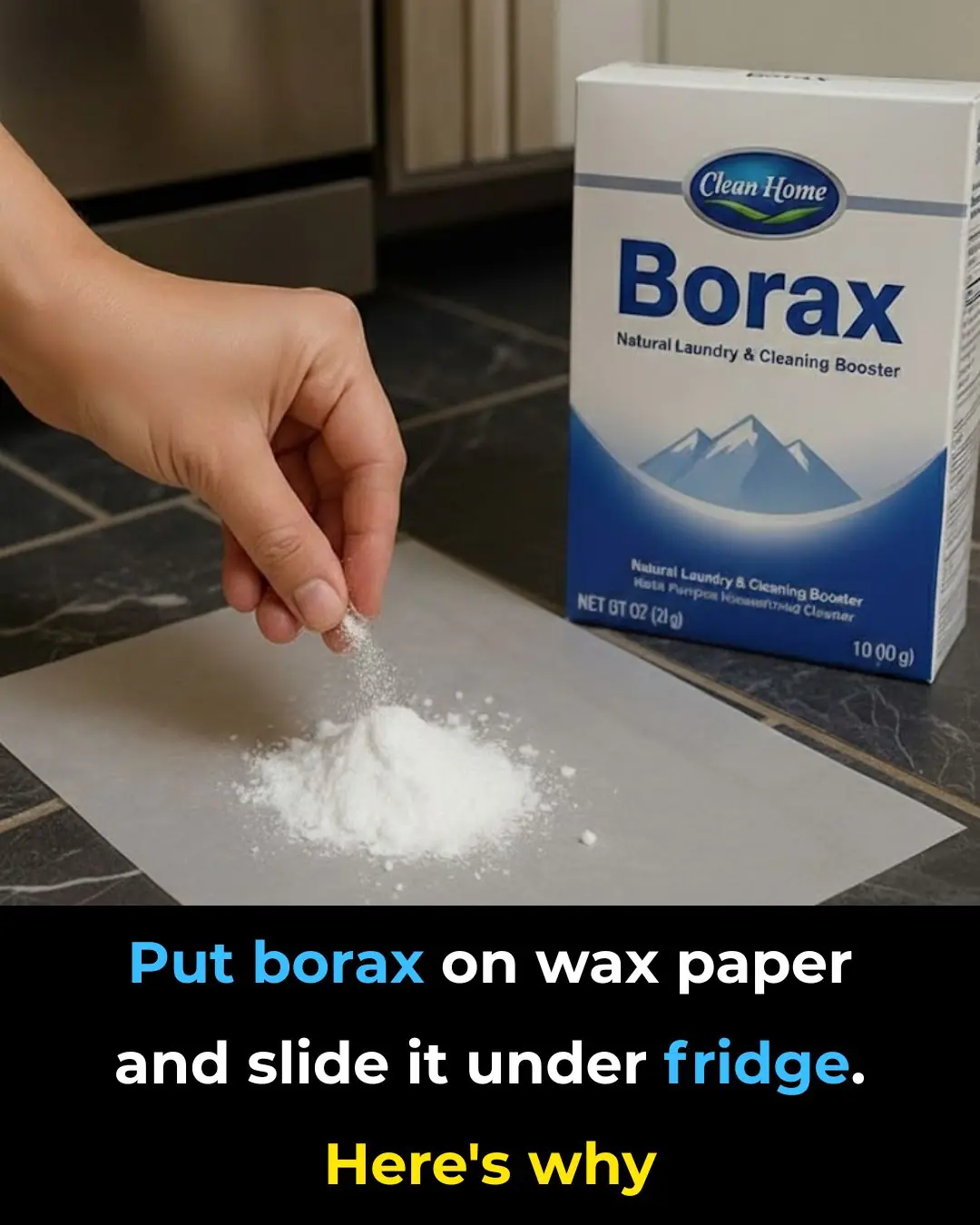
Put borax on wax paper and slide it under fridge. Here's why
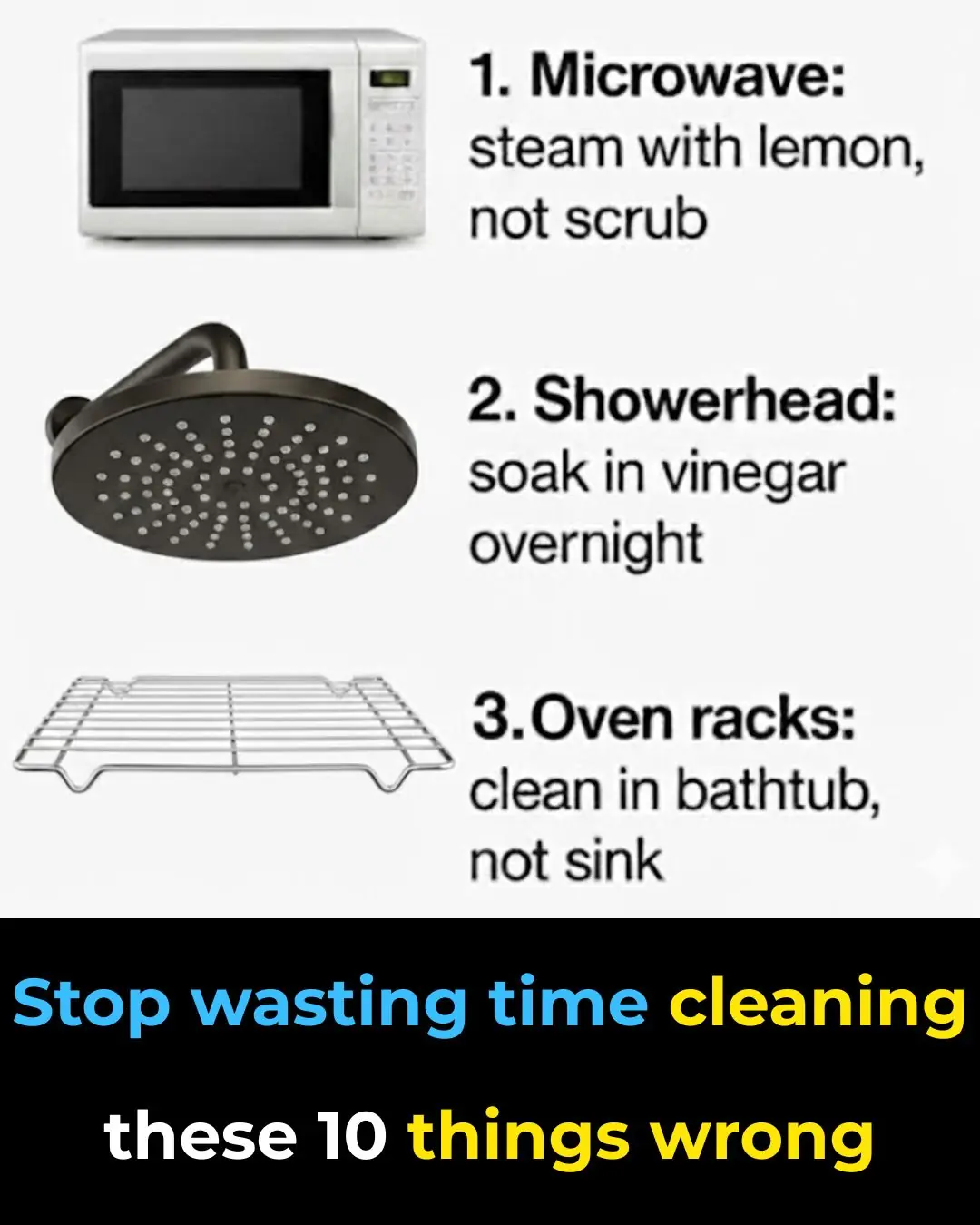
Stop wasting time cleaning these 10 things wrong

No way, I was so out of the loop here

Stay Away from These 3 Types of Tofu—No Matter How Cheap They Are!

4 Things You Should Never Keep in the Freezer — They Could Be Dangerously Hazardous

Take meat from the freezer that is as stiff as bricks
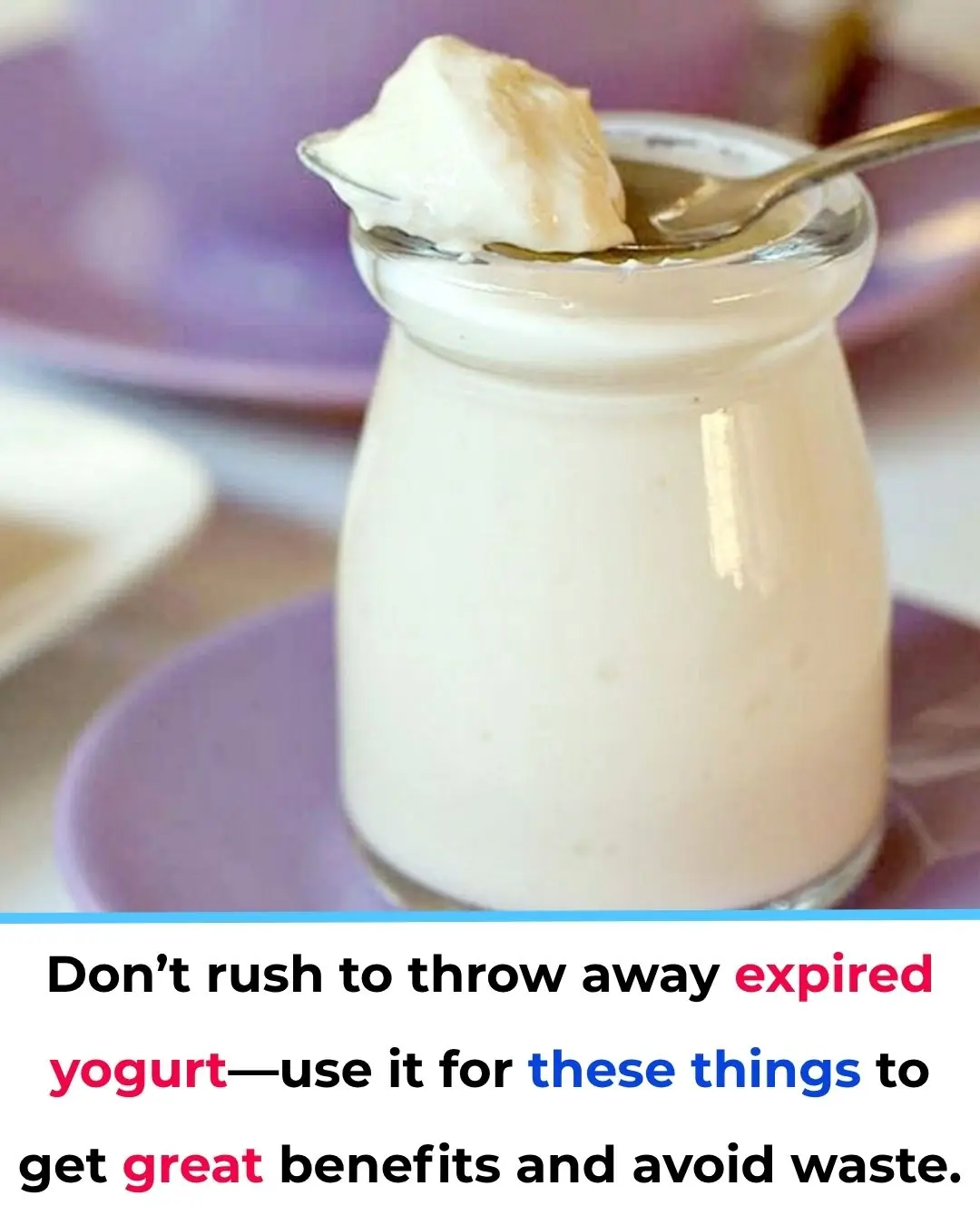
What Can You Do with Expired Yogurt?

Should You Choose Pork with a Dark or Light Color for the Freshest Quality?

‘Why He Grabbing His Arm Like That?’: Denzel Washington Unleashes on Handsy Photographer During Intense On-Camera Confrontation
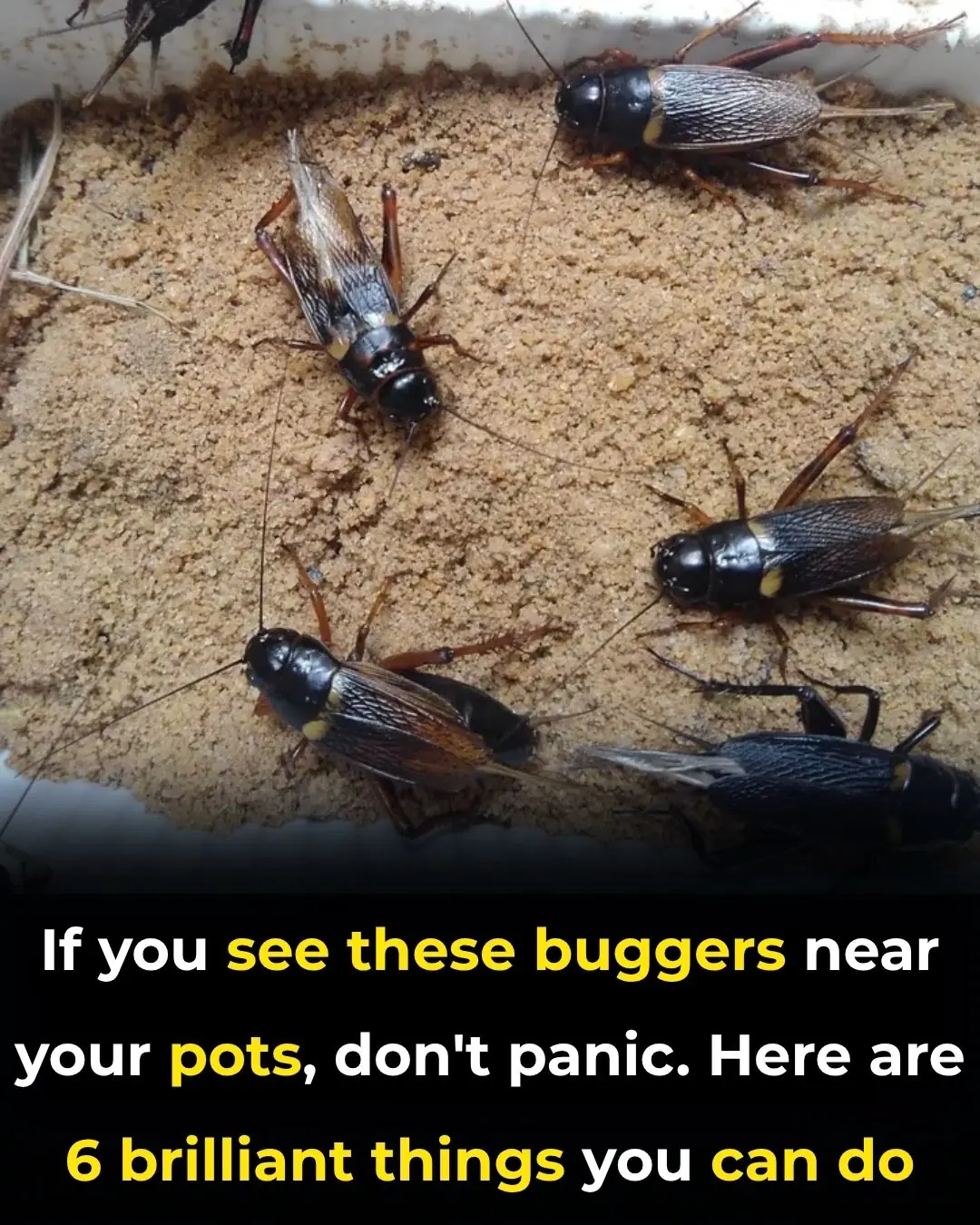
If You See These Buggers Near Your Pots, Don’t Panic — Here Are 6 Brilliant Things You Can Do

Meet 102-Year-Old Eloise Brown, the Philadelphia Eagles Biggest and Longtime Fan

17 Important Quotes About Love From Historical Black Figures

5 Things You Never Knew About The First Black Film Star Nominated For Academy Award For Best Actress
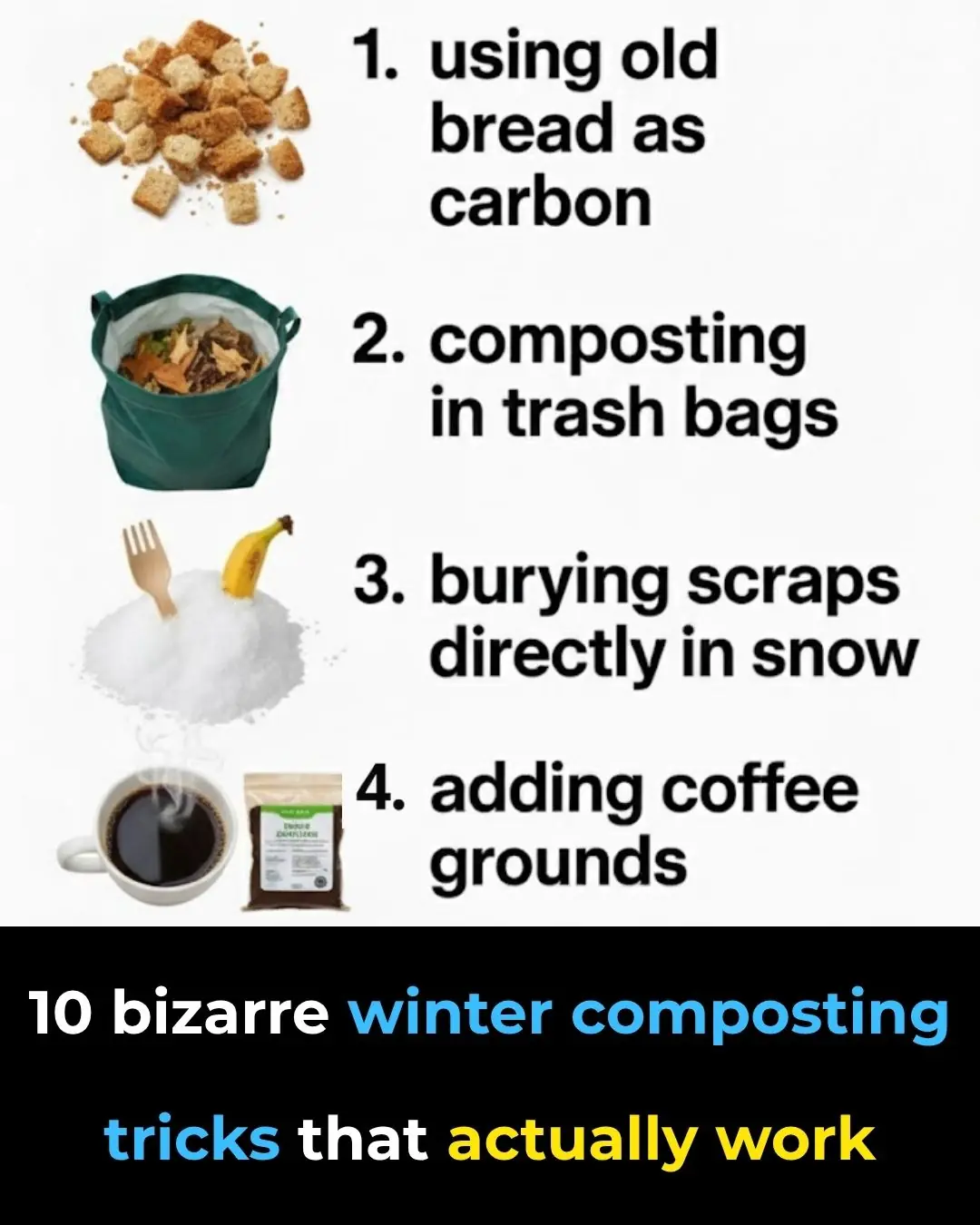
10 (Plus One) Unusual Winter Composting Hacks That Really Work

Don’t Toss Out Your Eggshells: 10 Brilliant, Science-Backed Ways to Reuse Them in Your Garden

Jackson 5 Child Actor, Floyd Roger Myers Jr, has joined the ancestors

Fisk Gymnast Morgan Price Earns Highest-Ever Score for an HBCU Gymnast

Most Folks Don’t Realize They’re Doing This: 10 Critical Mistakes That Stop Tomatoes from Ripening

8-Year-Old Hosts Food Drive To Feed 150 Families on His Birthday
